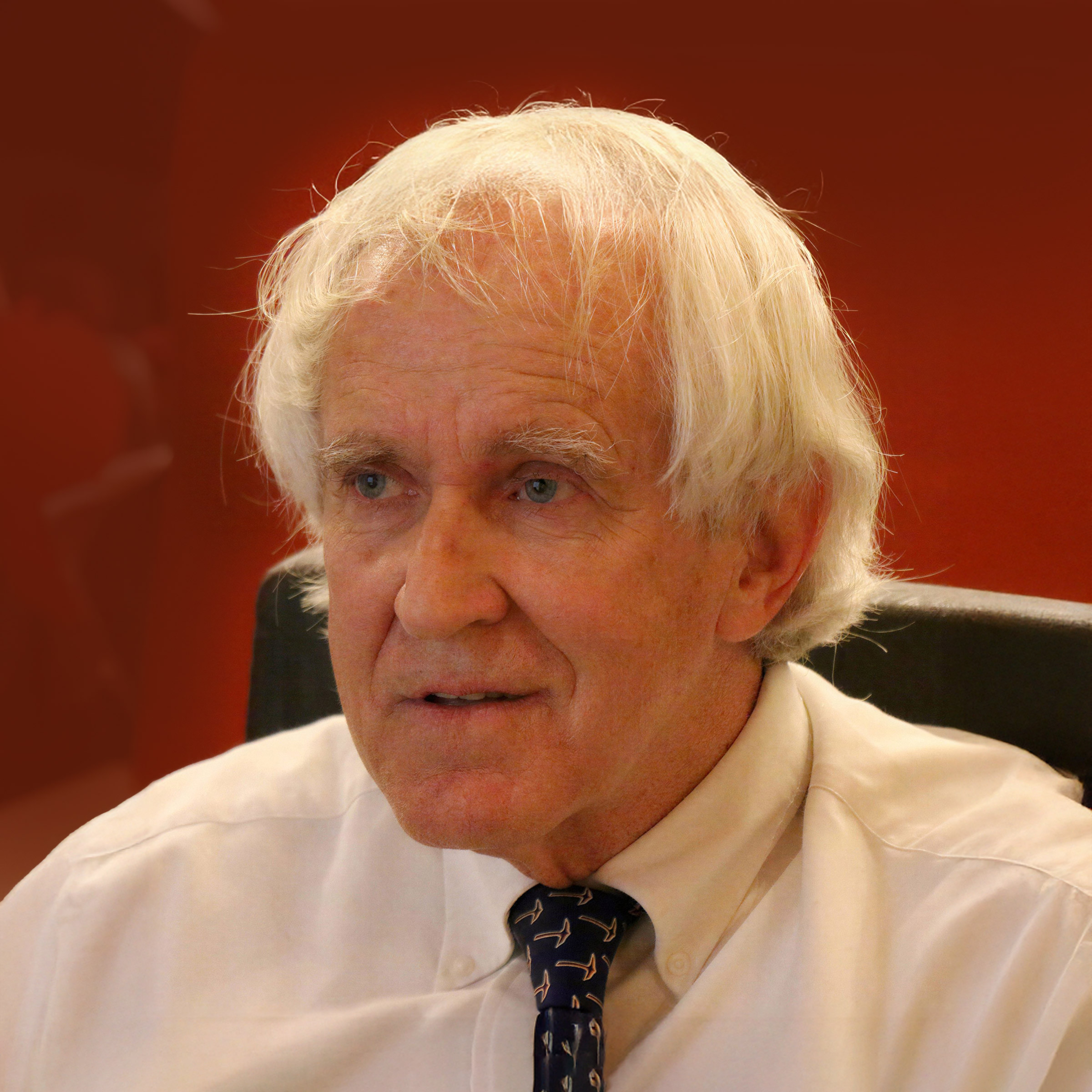Recently, figures like Richard Dawkins and Steven Pinker — household names among popular science fans — have been Canceled in various venues because they refuse to deny that humans — like all primate mammals in our body plan — are sex binary. These former luminaries are discovering that, in emotionally charged matters, atheism and materialism are not the high road to reality-based thinking that they have supposed.
Most of their Cancelers agree with them that there probably is no God. And that the human brain is a randomly evolved structure that may or may not apprehend the world correctly.
The Cancelers then take the next logical step: We are each entitled to our own private truth about ourselves. That can include being “born in the wrong body.” Today, the fact that such a concept makes no sense whatever is no barrier to demanding that other randomly evolved brains be compelled to accept and act on it — and even to subject children to it.
And Now, a New Flashpoint
Anna Krylov, a University of Southern California chemistry professor, was offered a coveted chance to be a peer reviewer for the prestigious journal Nature. But she turned it down, publicizing her response at her Substack, Heterodox STEM:
Unfortunately, the Nature group has abandoned its mission in favor of advancing a social justice agenda. The group has institutionalized censorship, implemented policies that have sacrificed merit in favor of identity-based criteria, and injected social engineering into its author guidelines and publishing process. The result is that papers published in Nature journals can no longer be regarded as rigorous science.
“Why I no longer engage with Nature publishing group,” October 24, 2025
She cites several examples, including:
The Springer Nature Diversity Commitment (Skipper & Inchcoombe, 2019), which you quoted in your invitation letter, openly pledges to “take action to improve diversity and inclusion in the conferences we organise, and in our commissioned content, the peer review population and editorial boards.” Editors are “asked to intentionally and proactively reach out to women researchers” and authors are instructed to suggest reviewers “with diversity in mind.” In other words, editorial choices and peer review are to be guided not solely by competence but by demographic attributes. I cannot stop but wondering — was I asked to review the manuscript because of my expertise in the subject matter or because of my reproductive organs?
“Nature publishing group,”
Well, Anna, if you have to wonder, you already know, don’t you?
“Citation Justice” as Corrupting Science
Krylov also calls out the practice of choosing citations on the basis of social justice merit instead of relevance: “Nature Reviews Psychology (Unsigned, 2025) now encourages authors to practice ‘citation justice’ — that is, to social-engineer their manuscript’s bibliography to promote members of favored identity groups, even if their works lack the requisite merit or relevance.”
We talked about that in more detail here last month, focusing on how the sources that push this agenda on researchers understand it:
Some want to do more than raise awareness of this problem; they want, for example, “papers to include the proportions of citations in terms of the gender and race or ethnicity of the referenced authors.” …
It’s curious that the groups intended to benefit here are identity groups. Geography, language, and proximity to powerful people have all disappeared. …
This would be more reassuring if it were accompanied up front by a commitment to cite only relevant, quality research from any source used. Otherwise, the system risks degenerating into a spoils system in aid of the specific listed groups.
That intention is made clear here: …
Here we are to cite the work of others to “uplift and center” them. Strengthening our own work with the most informative research does not sound like a similar priority.
“Will “Citation Justice” Be Fair to Science?,” September 2, 2025
Virtuous Censorship or Passion for Truth?
Krylov also notes the way in which Nature is institutionalizing the censorship of awkard findings:
Nature Human Behavior has published a censorship manifesto (Unsigned, 2022) — now widely criticized (see, for example, Rauch, 2022; Winegard, 2022; Krylov & Tanzman, 2023) — in which they openly declare their intent to censor legitimate research findings that they deem potentially “harmful” to certain groups. Not only is it arrogant for editors to presume they have the expertise to make such judgments, the practice is antithetical to the production of knowledge.
“Nature publishing group”
But Krylov is making an assumption, isn’t she? She assumes that the sort of people who are now editors at Nature have anything like a passion for truth. They may not.
If they have themselves come up through a system that awards positions on a basis of social justice rather than merit, they may be blind to outcome-oriented concepts — even hostile to them. They may be anxious only the ensure the continuation of the spoils system on which they themselves depend.
It is a newer form of idle aristocracy than the ones we are historically used to but, no question, it is an idle aristocracy.
Well, the future — whatever surprises it brings — will not be boring, will it?
Note: Richard Dawkins has spoken up in support of her stance.
Cross-posted at Mind Matters News.









































